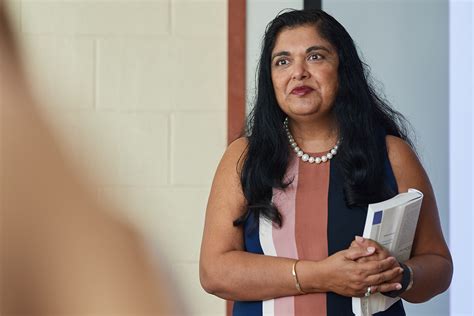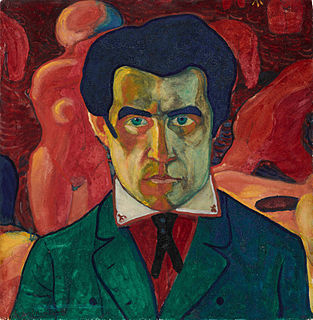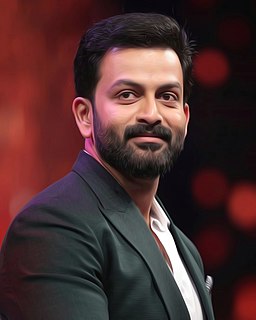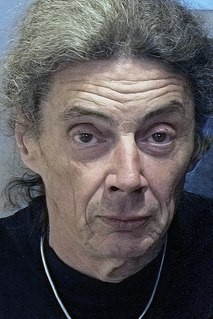A Quote by Kerry James Marshall
The history of political movements in the African diaspora is that the solution to the problem is never in the hands of people who are advancing the movement. I try and operate on my own terms.
Related Quotes
Ideally there should not be a men's movement but a gender transition movement; only the power of the women's movement necessitates the temporary corrective of a men's movement. And this creates a special challenge for men: There are few political movements filled with healthy people, yet few healthy changes have occurred without political movements.
In trying to address the systemic problem of racial injustice, we would do well to look at abolitionism, because here is a movement of radicals who did manage to effect political change. Despite things that radical movements always face, differences and divisions, they were able to actually galvanize the movement and translate it into a political agenda.
What's more important is that we talk about movements; change happens through movements. The movement to end slavery, the movement to bring justice for those who have been left out of the system, movements to include women, movements around sexual preference - all these movements brought about change.
When I speak to students about the Civil Rights Movement, I say that it is impossible to stop a determined movement that is captivating the American consciousness. I think the candidacy of Sen. Obama represents the beginning of a new movement in American political history that began in the hearts and minds of the people of this nation. And I want to be on the side of the people, on the side of the spirit of history.
No matter how clear things might become in the forest of story, there was never a clear-cut solution, as there was in math. The role of a story was, in the broadest terms, to transpose a problem into another form. Depending on the nature and the direction of the problem, a solution might be suggested in the narrative. Tengo would return to the real world with that solution in hand. It was like a piece of paper bearing the indecipherable text of a magic spell. It served no immediate practical purpose, but it contained a possibility.
We never really see the global situation as a total situation. Today's political leaders are still lacking of the vision. They very often just try to cope with their own election, their own popularity, solving the problem or selling the ideas to meet their own voters. By doing that, it creates a great imbalance in terms of making deals or treaty or all those things. Even today the borders they're seeing the physical borders are very different from the political borders. Because all those powers are so connected, and you cannot even see whose interest in what move.
You get another person who operates only in an African language and there are many persons who operate only in African languages; he or she is excluded from all the goodies that come with English. And even in terms of justice, law codes, the legal system. A person who does not know English in Africa is excluded from that system because he can only operate through acts of translation.
One of the things that made the Black Muslim movement grow was its emphasis upon things African. This was the secret to the growth of the Black Muslim movement. African blood, African origin, African culture, African ties. And you'd be surprised - we discovered that deep within the subconscious of the black man in this country, he is still more African than he is American.
While public school history courses in the United States stress the horrors of the German Nazi murder of 6 million Jews and Josef Stalin's pogroms against racial minorities and political dissidents in the Soviet Union, the facts that the U.S. Army's solution to the 'Indian Problem' was the prototype for the Nazi 'Final Solution' to the 'Jewish Problem' and that the North American Indian Reservation was the model for the twentieth century gulag and concentration camp, are conveniently overlooked.







































